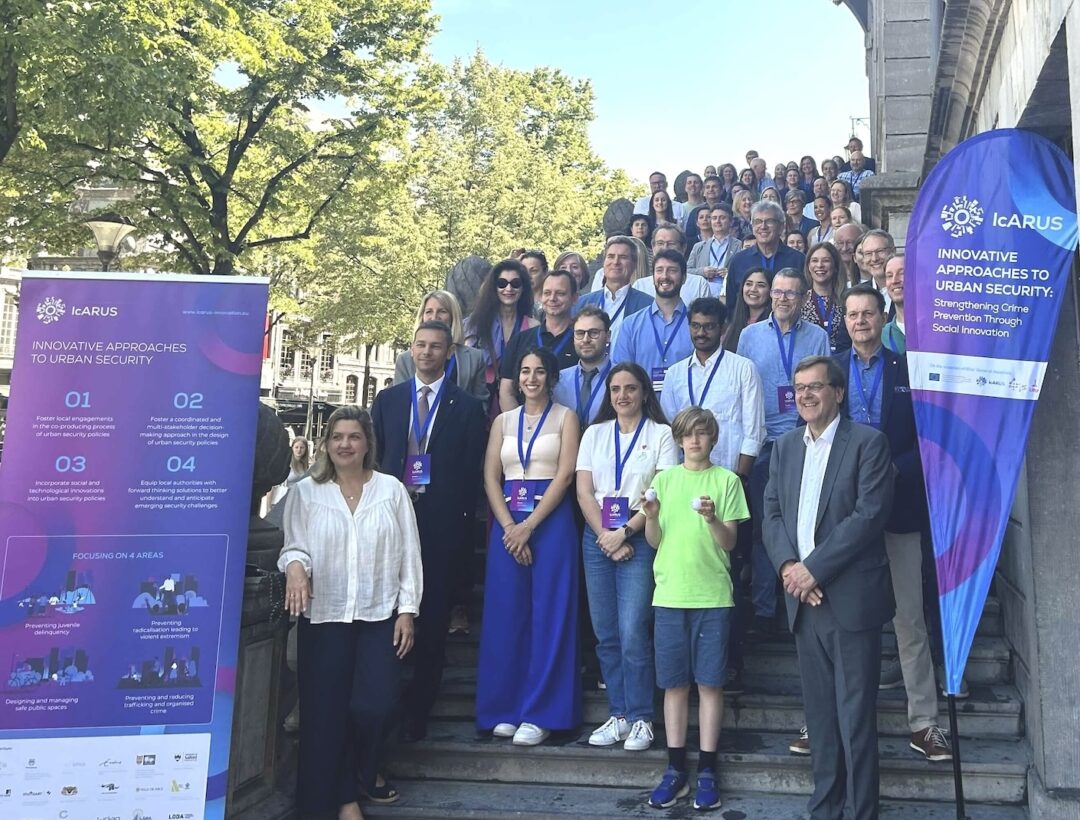Some groups of people are more vulnerable to victimisation than the population as a whole: women and girls, the elderly, first generation migrants, notably children, and citizens with an immigrant background, homeless people… Such heightened vulnerability is reflected year after year in crime statistics throughout Europe.
One could also argue that young delinquents, especially minors, are in effect more victims than perpetrators, even though their acts cause harm to others.
Most national governments have specific policies in place to protect these population groups, but local and regional authorities also play a key role because they are directly in contact with them. Indeed, it is in a particular neighbourhood, in everyday life, that a woman is attacked, that a child who has recently arrived from a war-torn country wanders alone and unsupervised, that elderly citizens are lonely and are an easy prey to ill-intentioned people.
Efus has long been working with local and regional authorities on preventing violence against these population groups through the exchange of practices and knowledge and through advocacy with national authorities and European institutions.
> Recommendations from the 2025 Security, Democracy and Cities manifesto on juvenile delinquency
> Reports from the 2024 Security, Democracy and Cities conference
– Discriminatory Violence
– Protecting freedom of expression and diversity in shared public spaces
– Sexual and Gender-Based Violence
– How to understand and prevent hate, extremism, and disinformation online
Working group and European projects
- Efus created in 2014 a working group on seniors upon an initiative of the Government of Catalonia and the City of Matosinhos.
Contact Pilar de La Torre, Programme manager, to learn more.
Find our European projects in our Violence against women and Discriminatory violence thematic sections.
Publications & Resources
- Jeunes en errance : les conditions d’un retour (French only, Efus, 2009)
- Trafficking in Human Beings – International Knowledge and Local Practices (Efus, 2007)
- The Role of Schools in the Protection of Children from Physical, Emotional and Sexual Abuse (Efus, 1998)
Go to our Violence against women and Discriminatory violence thematic sections to find the relevant publications.

Practice Sheets
Discover the actions implemented in communities across Europe through our summary documents, which present the key elements of each of these initiatives, including their context, objectives, activities, budget, evaluation. If you are interested in a practice sheet, please contact contact@efus.eu.





